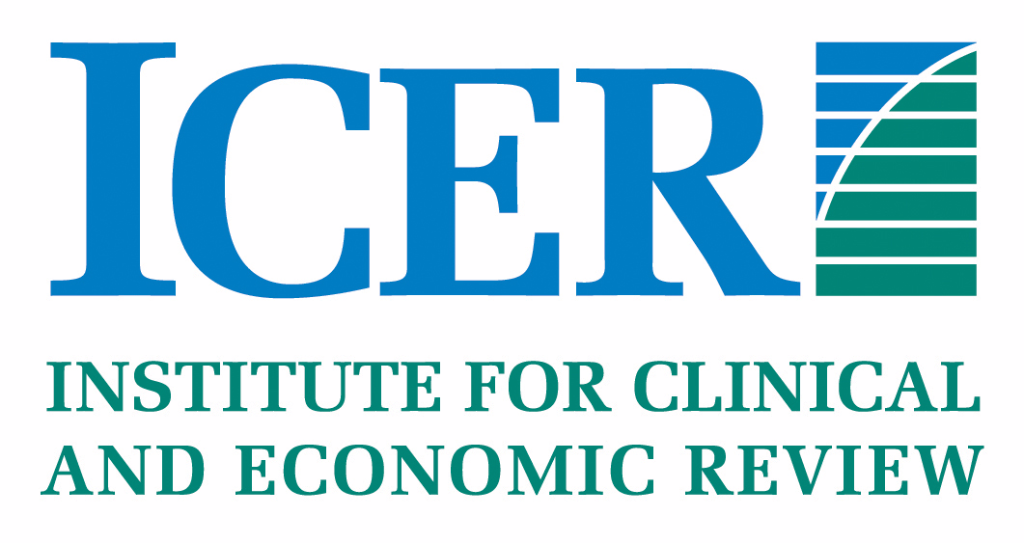ICER’s Updated Value Framework
03/30/2020
By Aimee Lee Russell, Associate, Research & Programs
On Friday, March 20, Steve Pearson, MD, MSc, Founder and President of the Institute for Clinical and Economic Review (ICER), and Sarah Emond, MPP, Executive Vice President and Chief Operating Officer at ICER, introduced the National Health Council (NHC) membership to ICER’s Updated Value Assessment Framework, including a focus on patient-engagement opportunities. Highlights are described below:
Highlights of General Framework Changes
Dr. Pearson reviewed the purpose of ICER’s Value Framework and highlighted recent updates. For the 2020-2023 Framework, ICER has added:
- A new section on “Subgroups and Heterogeneity” and stated that they will, “Promote societal perspective analysis to co-base case for reviews when impact of care outside the health system is substantial in proportion to health effects.”
- 12-Month Report Check-Ups
- Outreach to stakeholders at the 12-month report anniversary to identify new data that may impact report conclusions and to update the systematic review if evidence identified;
- Mark initial review as “still” or “no longer” current; and
- Review enters queue for formal update alongside other potential assessments.
- 24-Month RWE Update Pilot
- At the 2-year anniversary, collaborate with external partner to analyze RWE for select drugs approved under accelerated pathways.
Updates to the Patient Engagement Program
Emond explained new policies and procedures in place to increase patient engagement with ICER. These include:
- Annual calls/meetings with patient groups for major therapeutic classes (RA, psoriasis, MS, etc.) and early outreach to other patient groups when ICER has high certainty of review. The goal is to provide early guidance on ICER process and help facilitate empowered engagement.
- At the time of topic announcement, work with patient groups to identify most important outcomes for patients and determine if/how patient groups can contribute empirically to the economic model.
- For key outcomes without data, work with patient groups to identify potential RWE sources and/or develop a patient survey.
- At the conclusion of the review, invite patient groups for a formal debrief on the experience.
- At conclusion of the review offer to co-write and promote a letter to FDA and other stakeholders with proposals for improving the generation of patient-relevant data as part of the drug-development process.
- A new Vice President for Patient Engagement will be joining the ICER team.
Watch the full presentation here.
Last year, the NHC submitted comments on the proposed changes to ICER’s 2020 Framework, they are available here.
